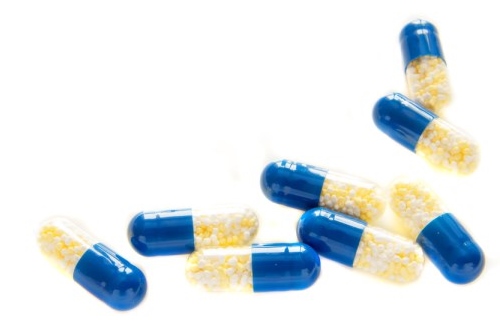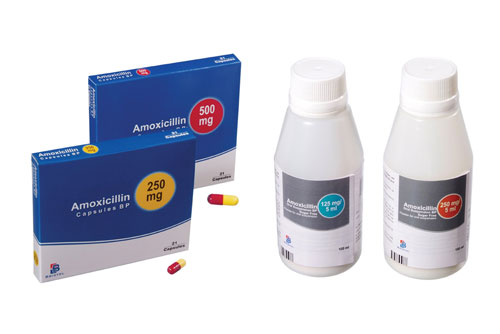PRINTED IN TCI WEEKLY NEWS
November 17th, 2012
It is not unusual that drugs may be required either during your dental appointment or afterwards and sometimes both. The type and amount will be dictated by the type of treatment you are having and to a lesser extent the type of patient you are and how you react to pain. I find however, that some patients are unsure about why certain drugs are used, the benefits they can provide plus the potential risks, especially if not used or administered properly.
This is the first article of several in which I have started to outline the main drugs used during dental procedures and for post-treatment care with explanations about how and why they are used and when their use may not be suitable.
Analgesic (Pain Killer) Analgesics such as ibuprofen (eg. Motrin), acetaminophen/ paracetamol (eg. Tylenol) or aspirin are widely used to treat dental pain. They are usually taken orally (by mouth) in tablet form and can either be bought over-the-counter by the patient or prescribed by the dentist. These may be used for example if you are experiencing toothache before you have had chance to visit the dentist or possibly after an extraction whilst the extraction site is healing. The tablets must always be swallowed; placing the tablet next to the tooth will not relieve pain and may result in a chemical burn to the gum.
 Stronger analgesics may be used if a patient has undergone a surgical procedure. These will require a prescription to be written by the treating dentist. These should only be prescribed for a short time due to the strength and potential for addiction.
Stronger analgesics may be used if a patient has undergone a surgical procedure. These will require a prescription to be written by the treating dentist. These should only be prescribed for a short time due to the strength and potential for addiction.
Antibiotic
Antibiotics are used to treat bacterial infection and are only available when prescribed by a dentist or doctor. An infection in the mouth is generally in one of two places; either around the tooth in the gum (a periodontal infection) or at the end of the root which is an abscess due to a dead or dying tooth. With an infection you may experience pain, swelling, redness or pus drainage and your dentist will need to investigate the origin of the infection.

An antibiotic commonly prescribed in dentistry is Metronidazole. This is used as it is particularly effective against bacteria that live without oxygen- a common type of bacteria associated with dental infection. This may be prescribed along with a broader spectrum antibiotic such as amoxicillin (penicillin). Some patients do experience mild side-effects from Metronidazole for example a metallic taste in the mouth and mild nausea or diarrhea. Occasionally it may be suitable to use or swap to an alternative antibiotic. It is also advised, particularly with Metronidazole, that alcohol is avoided.
A course of antibiotics for a dental infection can last varying lengths of time but it will usually be between 5- 7days. It is especially important with any antibiotic that you take them exactly how they are prescribed by the dentist and complete the entire course.
Anti-fungal
Like many parts of the body, the mouth has naturally occurring bacteria and fungi that are necessary and healthy. However, occasionally the balance of these microbes may be altered which can result in the over proliferation of one specific organism and this can lead to problems. Oral thrush (sometimes called a yeast infection) is an example of this, caused by the over proliferation of the candida fungus. This can happen as a side-effect of taking antibiotics. Thrush presents as a white coating on the tongue and/or inside of the cheeks and is treated with the use of anti-fungal medication, prescribed by your dentist or doctor. This can be in the form of a liquid which should be held and moved around the mouth for as long as possible before swallowing or a lozenge/ pastille which should be allowed to dissolve slowly in the mouth. The longer the medicine stays in contact with the effected surfaces in the mouth, the more effective it will be in fighting oral thrush.
Look out for my next article which will continue to look at the use of drugs in dental care.